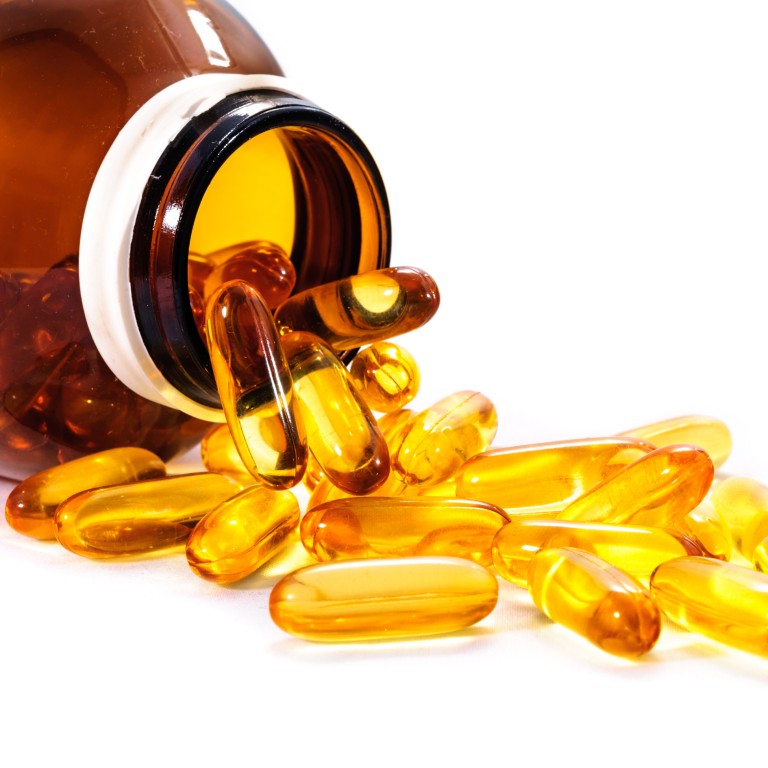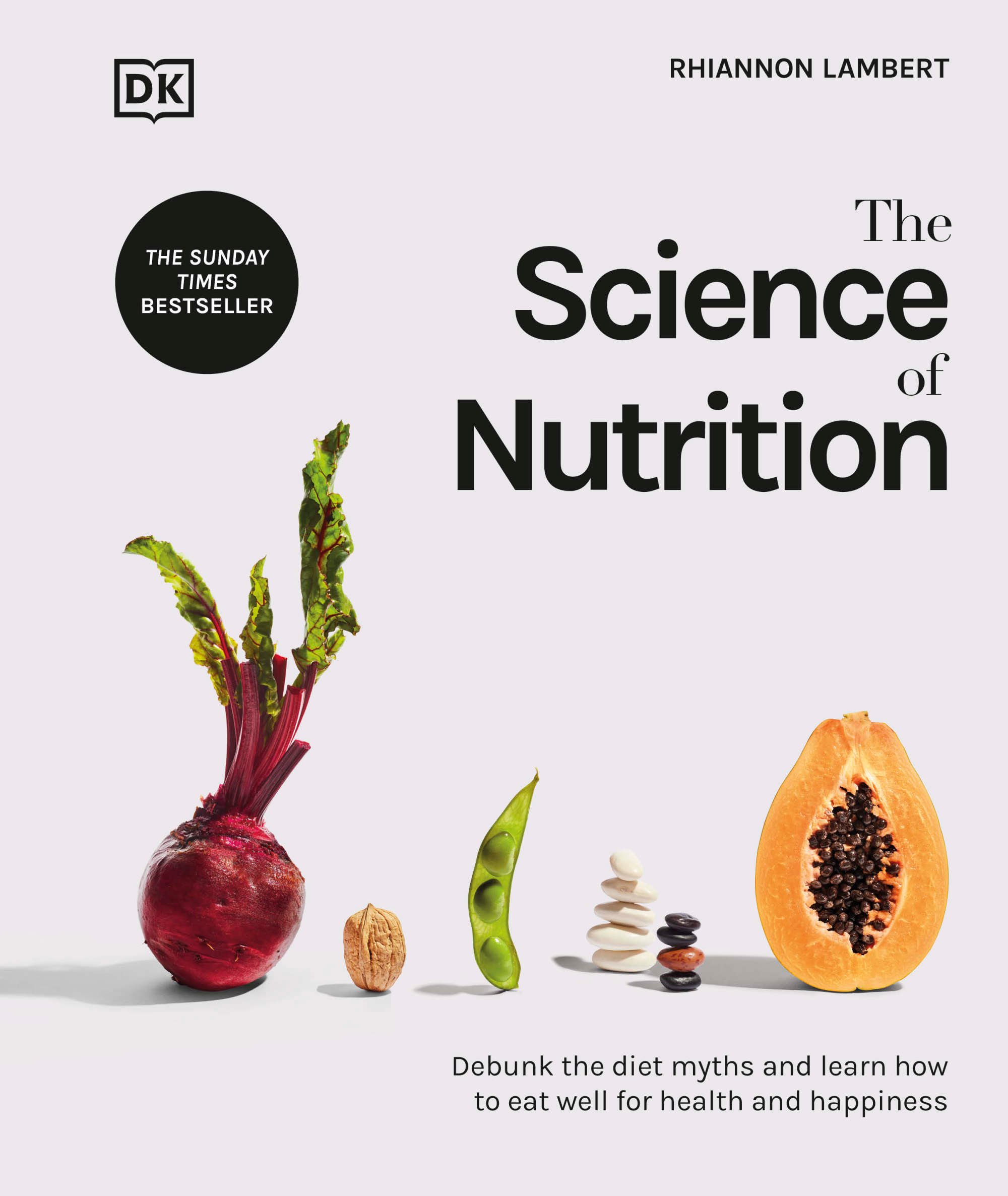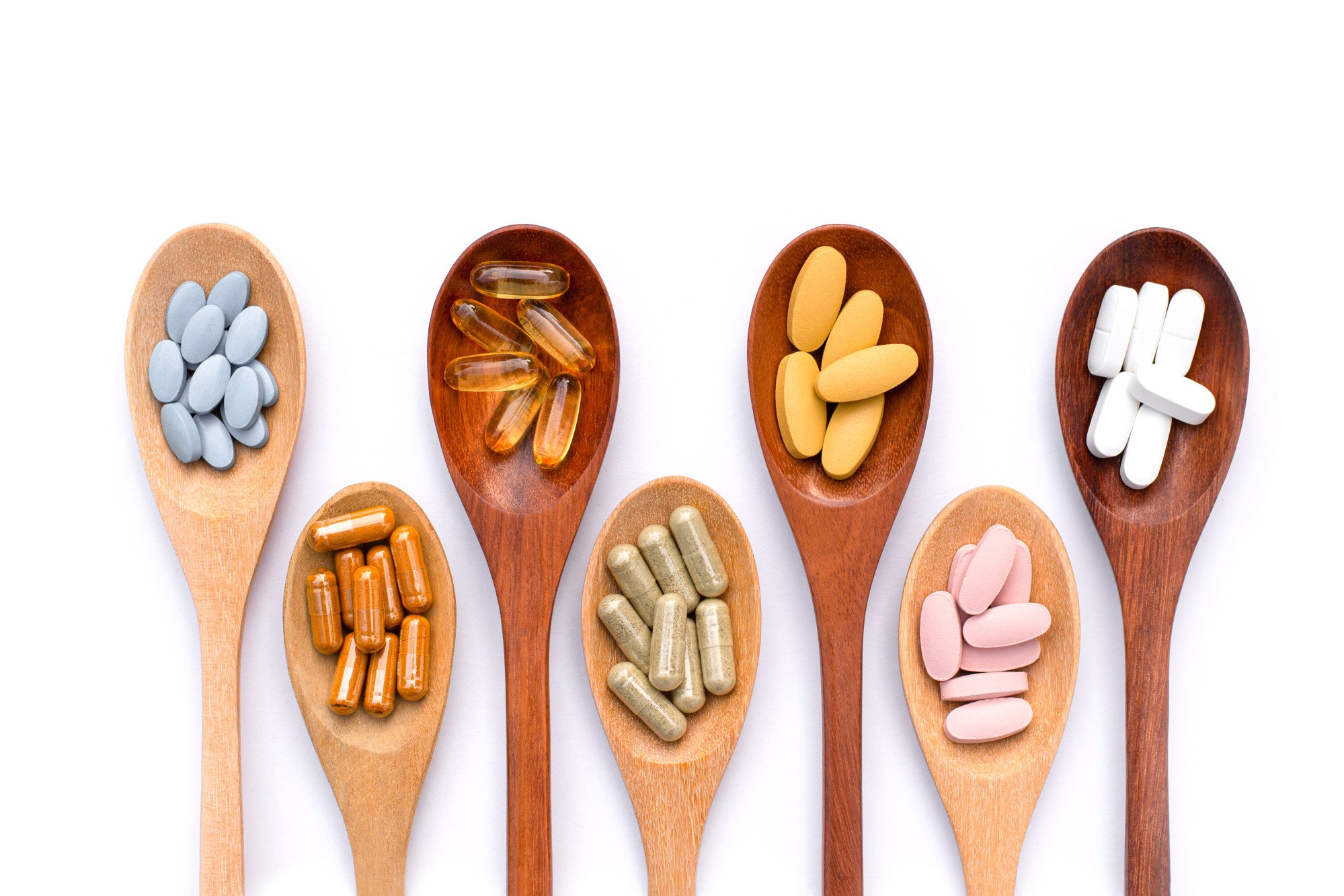
What vitamins and supplements should you take, and can DNA tests help? Or is a healthy diet all you need? Experts explain, including which 3 nutrients we most likely lack
- With such a mind-boggling selection of dietary supplements on offer, firms have emerged offering DNA tests touted to reveal which supplements are right for you
- But their reliability is debated, as is the degree to which supplements should be taken. Dietitians give their take, and reveal which nutrients we commonly lack
Is it any wonder you can’t decide what vitamins to take – or if you even need to take any – when faced with such an overwhelming choice?
The global dietary supplements market size was valued at almost US$152 billion in 2021, and the selection will only get more confusing: the market is expected to more than double by the end of the decade.
Perhaps it’s no surprise then that some enterprising companies offer to take the guesswork out of it by helping you to identify which vitamins your system is lacking.
There are now dozens of vitamin DNA test kits available online, and their results are used to suggest supplements tailored specifically for your requirements: bespoke vitamins.
A plant-based diet is good for your wallet, not just your health
But are we all really so very different from one another that we each need our own tailored vitamin regime? Michelle Lau, dietitian and founder of Hong Kong nutrition consultancy company Nutrilicious, says quite possibly.
“Everybody is unique,” Lau says, explaining that the vitamins required, and in which amounts, will vary from person to person based on their diets, lifestyle, goals, genetic make-up and health considerations.

Rhiannon Lambert is a registered nutritionist in the UK who founded supplements developer Rhitrition+ and wrote the book, The Science of Nutrition: Debunk the Diet Myths and Learn How to Eat Well for Health and Happiness, which was published in 2021.
She says there may be stages in our lives when we need to consume more of certain nutrients, in which cases supplements may be useful.

While personalised nutrition – using your DNA to shape your diet – has gained popularity in recent years, Lambert warns that the technology is still very much in its infancy.
“As there is not enough evidence-based research in this area … we can’t say if they are always 100 per cent accurate or reliable. Always consult a healthcare professional if you are concerned about your body’s vitamin levels,” she says.
“Anybody who thinks they may need to take a supplement or make dietary changes should always speak to their GP or a registered nutritionist or dietitian first, as they will be able to offer you bespoke and individualised advice to suit your nutritional needs.
“Blood tests taken by trained healthcare professionals can help to diagnose deficiencies, and supplements can then be prescribed to help correct them if necessary.”

Lau agrees there’s a lot to consider when it comes to smart supplementation , especially if you are thinking about getting a consultation with one of the companies that offer a personalised service.
“Does the company provide recommendations based on a health assessment, and allow you to add or remove products as you see fit? Are the supplements made from high-quality ingredients and free of artificial additives? Have the products been third-party tested and undergone testing at multiple stages of manufacturing?”
So-called smart supplements might eliminate non-essential vitamins, harmful ingredients and additive fillers that one does not require in a customised daily blend, Lau notes.
HK$4,800 DNA test that tells you how to exercise and what to eat
And some of the online questionnaires companies offer are a good starting point to reflect on what you might need and why, she says.
Despite these benefits, however, Lau agrees that nothing replaces micronutrient testing and a consultation with a doctor or nutritionist.
Lambert stresses the “food first” philosophy. In the end, she says, no matter what supplements you take, or in what quantity, nothing beats a good diet. Supplements are just that: there to augment a good diet, not to replace it or make up for a bad one.

3 essential vitamins you may be lacking
According to Lambert, the three most common minerals and vitamins we may be deficient in are calcium, vitamin D and iron.
1. Calcium
“Many of us consume calcium through dairy products but we require significantly more calcium than what’s on our morning porridge,” Lambert says. “The recommended daily allowance [RDA] of calcium in the UK is 700mg a day for adults and pregnant women. Calcium-rich foods include almonds, broccoli and butternut squash.”

2. Vitamin D
Vitamin D is an anti-inflammatory agent that helps keep muscles in shape and bones strong. It regulates cell growth and so helps to reduce our risk of cardiovascular disease. It may also help manage hypertension.
Eat your greens for stronger arms and legs, scientists say
Those especially at risk of not getting enough include pregnant women, children under five and people over 65. A daily vitamin D supplement can be taken but this should not be more than 25 micrograms.
3. Iron
Why iron is the best nutrient to boost your flagging energy levels
Low levels are often seen in vegans and vegetarians, as iron from animal products – like meat – is absorbed by the body far more efficiently than from plant-based products.
The RDA of iron in the UK is 8.7mg a day for adult men and 14.8mg a day for adult women.

